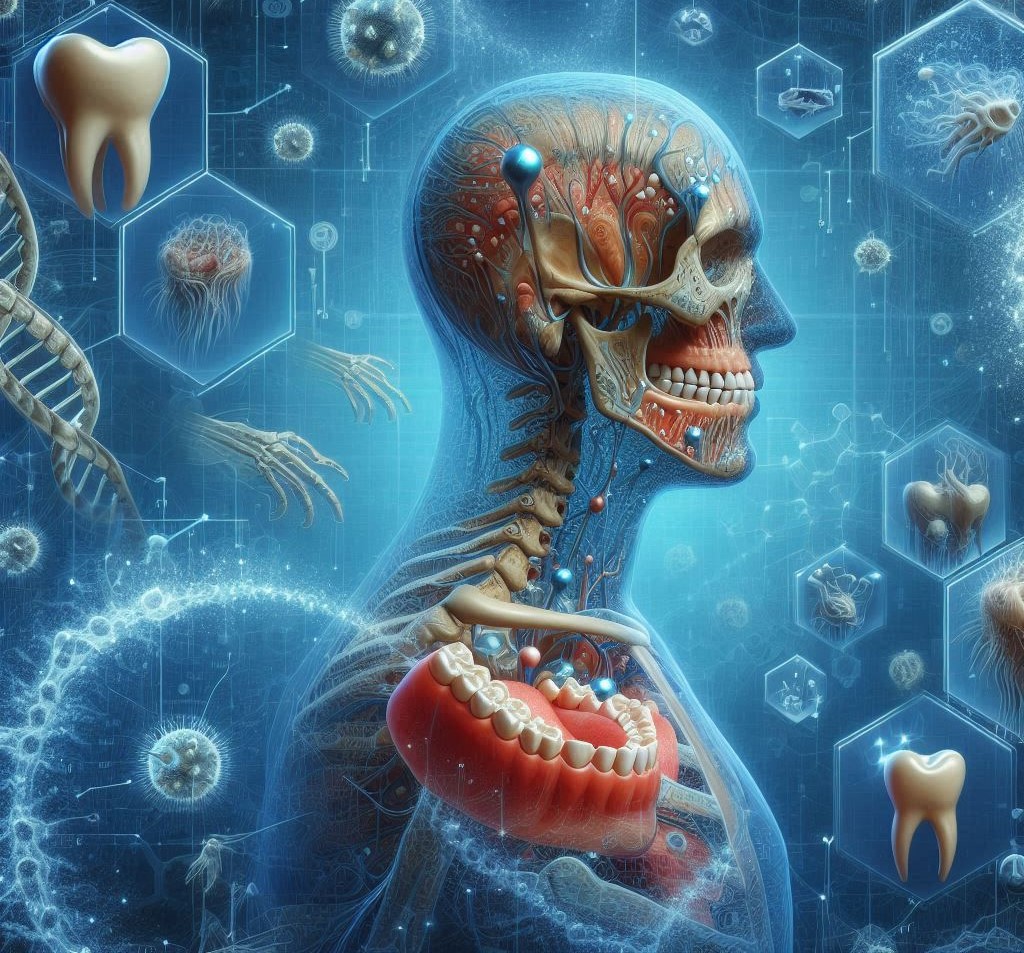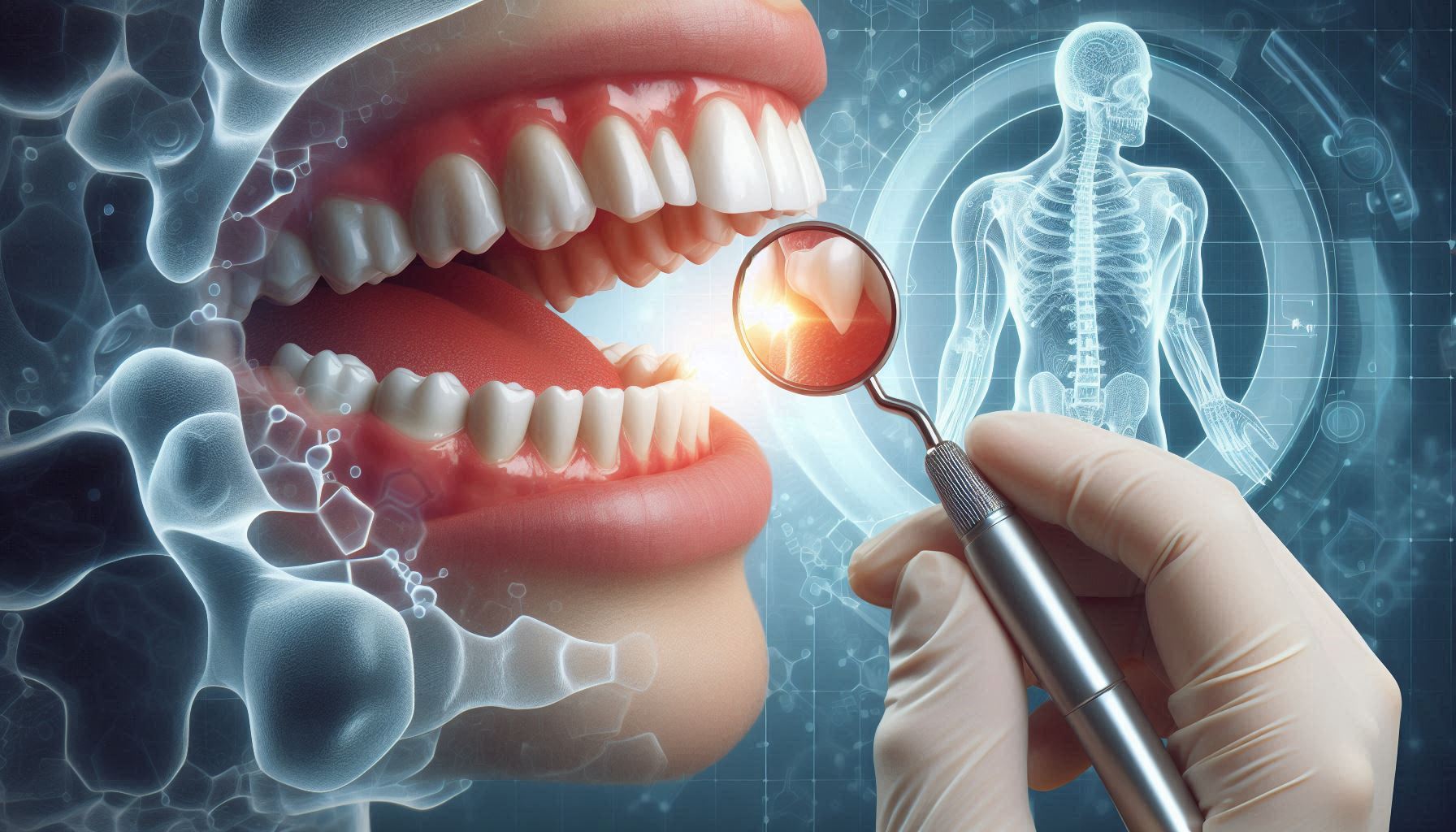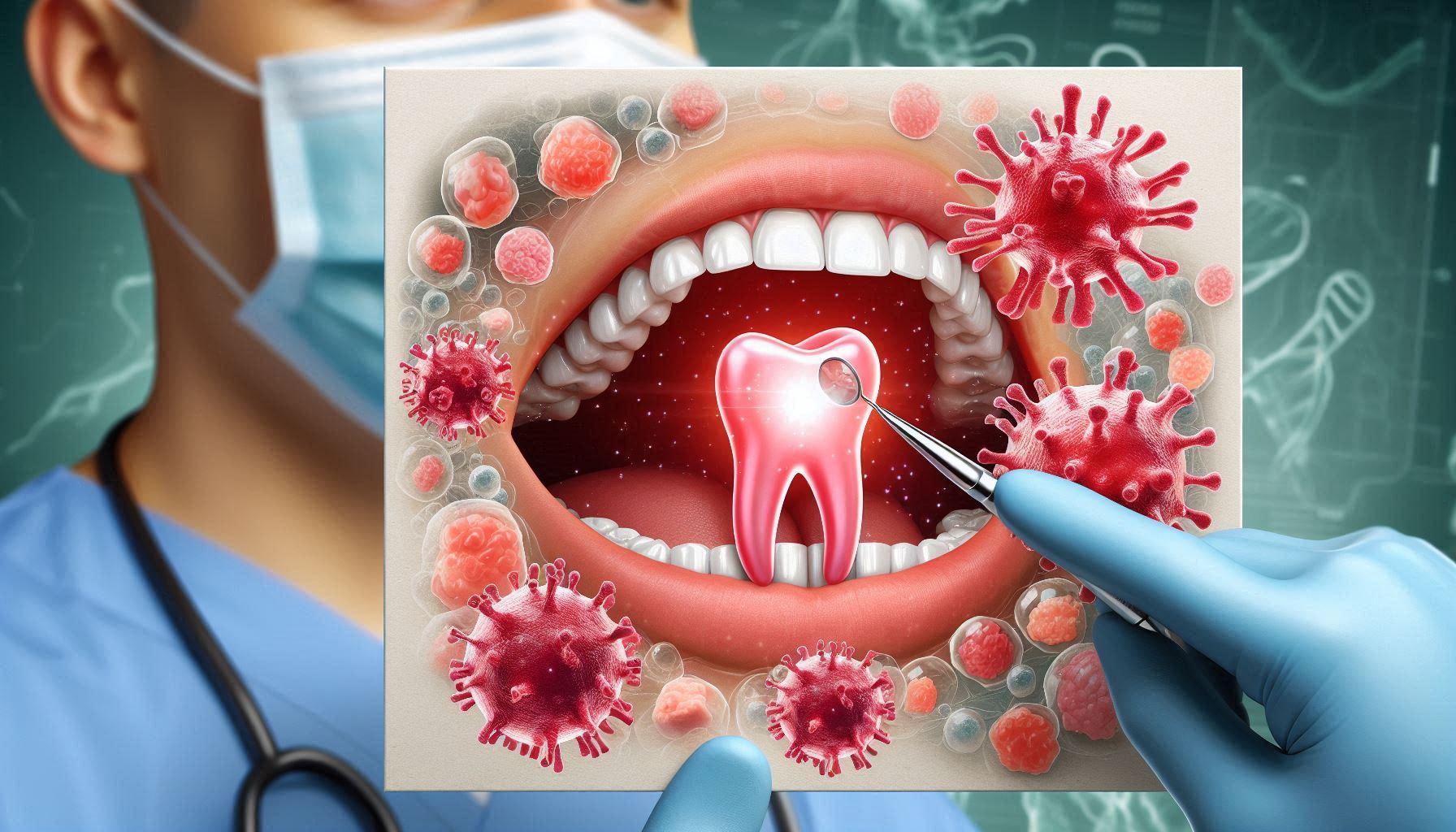Introduction to Mouth guards
Mouthguards have long been a cornerstone of personal protective equipment in sports, yet their importance extends beyond the field of play. While most people are familiar with the need for protective gear such as helmets and pads, mouthguards often receive less attention, even though they serve an equally critical purpose. A mouthguard is designed to protect the teeth, gums, jaw, and soft tissues inside the mouth from injury during physical activities.
Historical Context of Mouth guards:
The idea of using a mouthguard to protect teeth originated in the early 1900s, especially as the dangers of combat and contact sports became more apparent. The first mouthguards were rudimentary, made from simple materials like rubber. Over time, the evolution of sports and the recognition of the importance of oral health led to the advancement of these devices. Today, mouthguards are tailored, more sophisticated, and made from highly effective materials designed to provide optimal comfort, fit, and protection.
Beyond sports, mouthguards are now commonly used to protect the teeth and jaw during sleep, particularly for individuals suffering from bruxism, also known as teeth grinding. The rise in awareness of how bruxism impacts overall dental health has led to a greater emphasis on the benefits of mouthguards in preventing dental wear and tear during sleep.
The Science Behind Mouth guards: How They Work
Understanding the science behind mouthguards requires knowledge of the forces they help mitigate. The purpose of a mouthguard is to absorb the shock and spread the force of impacts over a larger area, thereby reducing the risk of injury.
The Materials Behind Mouth guards:
Mouthguards are made from a variety of materials that are flexible, durable, and capable of absorbing and dispersing impact. Common materials include:
- Ethylene Vinyl Acetate (EVA): EVA is a thermoplastic polymer that is soft yet durable, making it ideal for use in mouthguards. It offers a high level of shock absorption and can be molded to fit the contours of a person’s mouth.
- Silicone: Silicone is softer than EVA and is often used for comfort and flexibility. It’s more commonly found in softer, boil-and-bite mouthguards.
- Rubber: Some mouthguards, especially those used in extreme sports, are made from rubber, a material that offers high durability and a firm fit.
- Vinyl: A harder plastic material, vinyl is used in specialized guards, especially for those who require stronger, more rigid protection, such as in cases of extreme bruxism.
The material choice depends on the user’s needs, including how often the mouthguard is worn, the level of protection required, and whether comfort or rigidity is a priority.
Shock Absorption and Force Distribution:
When an athlete sustains a blow to the face, whether it’s from a ball, elbow, or collision with another player, the impact force is directed toward the teeth and jaw. A mouth guard acts as a cushion by absorbing some of the impact energy and distributing it evenly. This helps to reduce the force that directly impacts the teeth and jaw, lowering the risk of fractures, dislocations, or even concussions. A well-fitted mouth guard ensures that the force is absorbed across the entire arch of teeth, minimizing the likelihood of localized injury.
Mouth guards for Sports: Essential Protection for Athletes
In the context of sports, mouthguards have proven to be invaluable in preventing dental injuries, which are often overlooked but can have lasting effects on one’s oral health.
Sports and Dental Injuries:
Dental injuries are among the most common types of sports-related injuries. According to a study by the American Dental Association, dental injuries occur in roughly 10-39% of athletes, depending on the sport. These injuries can include:
- Tooth Fractures: Chipped, cracked, or fractured teeth are common due to impacts in sports such as football, hockey, or martial arts.
- Tooth Loss: A direct hit can knock out teeth, causing permanent damage. In the case of a lost tooth, quick action can sometimes save the tooth if it is reinserted within a short window of time.
- Gum Lacerations: The gums can easily be torn if there’s direct contact with a hard object or another player.
- Jaw Injuries: A significant impact to the face can lead to jaw fractures or dislocations, which can have long-term consequences, including difficulty chewing and speaking.
The presence of a mouthguard helps to reduce the severity of these injuries, offering an extra layer of protection against blunt force trauma.
The Benefits of Mouth guards in Sports:
Mouthguards offer a variety of advantages for athletes. These benefits include, but are not limited to:
- Preventing Tooth Fractures and Loss: By cushioning the blow, mouthguards protect against chips, cracks, and total tooth loss.
- Minimizing the Risk of Jaw Injury: By absorbing the force of an impact, mouthguards reduce the chances of a fractured jaw or jaw dislocation.
- Reducing Soft Tissue Injuries: A mouthguard provides a physical barrier, preventing the teeth from cutting into the lips, cheeks, and gums during impact.
- Decreasing the Risk of Concussions: While the evidence isn’t conclusive, mouthguards may help reduce the severity of concussions by absorbing forces that would otherwise be transmitted to the skull and brain.
The Types of Mouth guards for Athletes:
- Stock Mouthguards:
- Stock mouthguards are pre-formed and ready to wear. They come in a variety of sizes, but they often do not fit as well as custom or boil-and-bite mouthguards. While stock guards are inexpensive, their lack of a custom fit can make them uncomfortable and limit their effectiveness.
- Boil-and-Bite Mouthguards:
- These mouthguards are made from thermoplastic material. To fit them, the wearer boils the guard in hot water to soften it, then bites into it to create a custom mold of their teeth. Boil-and-bite mouthguards offer a better fit than stock guards and are generally more comfortable. They are an excellent option for athletes who want a more customized fit without the higher cost of a dentist-made guard.
- Custom-Fitted Mouthguards:
- The best protection comes from custom-made mouthguards, which are made by a dentist after taking precise impressions of the athlete’s teeth. These guards provide the best fit, comfort, and protection, ensuring optimal performance and the highest level of safety. Custom-fitted mouthguards are often the choice of professional athletes.
Mouth guards for Sleep: A Solution to Bruxism and TMJ
Mouth guards are also indispensable in the realm of sleep, particularly for individuals who suffer from bruxism—an involuntary grinding or clenching of teeth during sleep.
Understanding Bruxism:
Bruxism is a condition that affects millions of people worldwide. Individuals with bruxism unknowingly grind their teeth during sleep or sometimes even while awake, leading to a wide range of problems, including:
- Tooth Wear and Tear: The repetitive grinding and clenching of teeth causes damage to the tooth enamel, resulting in worn-down teeth, sensitivity, and even fractures.
- Jaw Pain: Bruxism puts strain on the muscles that control jaw movement, leading to jaw pain or discomfort, particularly in the temporomandibular joint (TMJ).
- Headaches and Migraines: The constant tension in the jaw and face muscles can lead to frequent headaches and migraines.
- Sleep Disruption: Bruxism can cause interrupted sleep, as it is often accompanied by discomfort or pain, both of which can prevent restful sleep.
How Mouthguards Help with Bruxism:
For those who suffer from bruxism, a night guard is one of the most effective treatments. A night guard works by providing a cushioning layer between the upper and lower teeth, preventing the grinding motion from causing further damage. It also helps to reduce the strain on the jaw muscles and alleviate pain associated with the condition.
Benefits of Night Guards:
- Protection Against Tooth Damage: The night guard prevents teeth from grinding together, reducing wear on tooth enamel.
- Reduction of Jaw and Muscle Tension: By preventing clenching, night guards help to relax the jaw muscles, leading to a decrease in pain and discomfort.
- Prevention of Headaches: Many users of night guards report a reduction in the frequency and intensity of headaches caused by bruxism.
- Improvement in Sleep Quality: Wearing a mouthguard during sleep can reduce discomfort, allowing individuals to get a more restful night’s sleep.
The Different Types of Mouth guards for Sleep
Just as with sports mouthguards, there are various types of mouthguards designed for use during sleep.
- Boil-and-Bite Night Guards These are similar to boil-and-bite sports mouthguards, made from thermoplastic material. After softening in hot water, users bite down to mold the guard to their teeth. While these are affordable and available in stores, they may not offer the best fit compared to custom options.
- Custom-Made Night Guards A custom-fitted mouthguard, made by a dentist, is the best option for those with bruxism. These mouthguards are molded precisely to the contours of the user’s mouth, ensuring maximum comfort and effectiveness. They are also more durable and offer better protection compared to over-the-counter options.
- Soft vs. Hard Night Guards
- Soft Night Guards: These are made from flexible material and are often recommended for individuals with mild bruxism. They provide comfort but may wear down quicker.
- Hard Night Guards: These are made from a more durable, rigid material and are recommended for those with severe bruxism. They provide more protection but may take some time to adjust to.
Choosing the Right Mouth guard
When it comes to selecting the right mouthguard, there are a few key considerations to keep in mind:
- Fit and Comfort: A good mouthguard should fit snugly but comfortably. If it’s too loose, it may not offer adequate protection. If it’s too tight, it may cause discomfort or pain.
- Material: The material should be durable enough to withstand the forces it will be exposed to. Softer materials may be more comfortable but offer less protection in certain sports.
- Purpose: Consider whether the mouthguard will be used for sports or sleep. Sports mouthguards need to be able to withstand high-impact forces, while night guards focus more on comfort and jaw protection.
For both athletic use and sleep, consulting with a dentist to get a customized mouthguard is often the best option. A dentist can take precise impressions of your teeth and ensure that the guard fits perfectly, offering the best protection and comfort.
Caring for Your Mouth guard
- Cleaning and Maintenance
- After Each Use: Rinse the mouthguard thoroughly with warm water after every use. It’s important to clean it to prevent the buildup of bacteria and plaque.
- Disinfecting: Occasionally, disinfect the mouthguard using a special cleaning solution or mild soap. Avoid using hot water, as it can warp the material.
- Storage: Store your mouthguard in a clean, dry case to avoid contamination or damage when not in use.
- Regular Check-Ups: For custom-fitted mouthguards, it’s essential to visit your dentist regularly to ensure the guard still fits properly and remains effective.
- Replacing Your Mouthguard Mouthguards should be replaced regularly, especially if they show signs of wear and tear, such as cracks, holes, or thinning. A damaged mouthguard may no longer provide adequate protection, rendering it ineffective.
When to Consult a Professional
- If you participate in high-risk sports or suffer from bruxism, consulting a dentist is crucial to ensure you receive the appropriate mouthguard. A dentist can evaluate your oral health, assess your risk factors, and take precise impressions of your teeth for a custom fit. Custom mouthguards offer superior protection, comfort, and effectiveness compared to over-the-counter options. Additionally, a dentist can recommend the best material for your specific needs, whether for sports or night-time grinding, and ensure proper alignment to avoid discomfort or injury. Regular check-ups are essential to maintain optimal fit and prevent potential issues.
Conclusion
Whether you’re an athlete seeking protection from sports-related injuries or someone struggling with bruxism at night, mouthguards play an integral role in maintaining dental health. By protecting your teeth, jaw, and soft tissues from injury, mouthguards help to preserve your smile and overall oral health. Investing in a high-quality mouthguard—whether custom-made or boil-and-bite—can safeguard you from the potential consequences of dental trauma and long-term oral problems.
The benefits of mouth guards are clear: they offer protection, comfort, and peace of mind, whether you’re on the field or asleep. A small investment in a mouth guard today can help you avoid costly and painful dental procedures in the future.
SOURCES
American Dental Association (ADA). 2014. Mouthguards: Protecting your smile. American Dental Association.
American Academy of Pediatric Dentistry (AAPD). 2020. The importance of mouthguards in sports. Pediatric Dentistry Journal, 42(3), 12-16.
Knapik, J. J., Baumgartner, T. A., & Lind, R. M.. 2016. Effectiveness of mouthguards in preventing sports-related dental injuries: A review. Journal of Sports Science & Medicine, 15(3), 74-81.
Pitt, D. S., Madden, T., & Gibson, P. S.. 2017. Sports dentistry: A practical guide to preventing dental injuries. Elsevier Publishing.
Cohen, P. D., Harvey, S., & Young, M. A.. 2015. Bruxism and temporomandibular joint disorders: A study of sleep disturbances and dental health. Journal of Sleep Medicine, 10(4), 230-238.
Seng, S. K., Davis, L. R., & Wheeler, S. H.. 2019. Preventive measures for dental injuries in athletes. Journal of Athletic Training, 54(8), 671-678.
Miller, A. G., Kersh, B. C., & Patel, N. S.. 2018. Mouthguards and their role in protecting dental health in contact sports: A comprehensive review. Sports Health: A Multidisciplinary Approach, 10(5), 459-466.
Pawlak, M. J., & Kim, C. M.. 2017. Managing bruxism with night guards: Clinical approaches and patient outcomes. Journal of Dental Research, 96(12), 1358-1364.
Sutherland, E. P., Mahar, L. P., & Johnson, T. H.. 2016. Effect of mouthguards on the incidence of concussions in high-contact sports: A systematic review. Journal of Sports Medicine, 23(9), 343-350.
Auerbach, J. P., & Siegler, E. D.. 2020. Comparative effectiveness of custom vs. stock mouthguards in preventing dental trauma during contact sports. Journal of Dentistry and Sports Science, 35(2), 99-104.
Milner, T. W., & Ziedler, E. A.. 2018. The role of mouthguards in reducing the impact of sports-related concussions. Journal of Athletic Safety, 21(2), 91-96.
HISTORY
Current Version
February 7, 2025
Written By:
SUMMIYAH MAHMOOD




